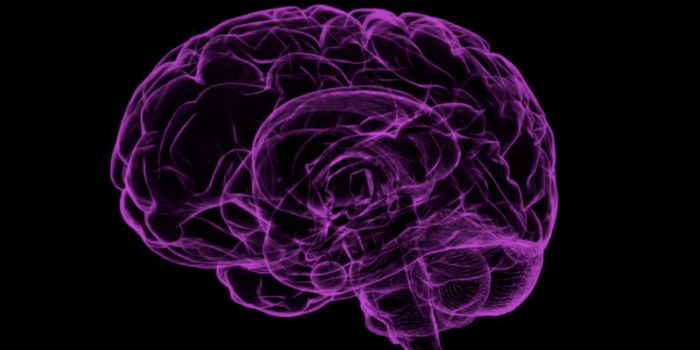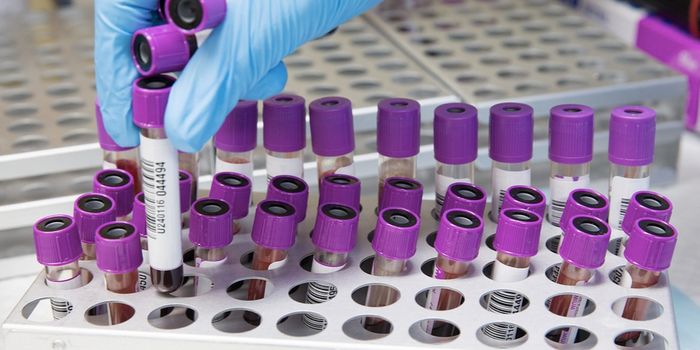Some Mutations in Non-Coding DNA Gain Function & Drive Cancer
There are some genes that can promote cancer; they are sometimes called oncogenes, and in tumor cells, mutations are often found in these genes. When they are functioning normally, oncogenes are often involved in normal cell functions, such as the regulation of the cell cycle. Some of these mutations may cause genes to be too active, while in other cases they are not active enough. Scientists have now discovered that in some cases, mutations in cancer-promoting genes can cause non-functional portions of those genes to become active. These mutations don't impact a protein's function, however. They affect the activity level of the mutant gene instead.
When a gene is transcribed from DNA, it often contains many parts that must be removed, or spliced out of the gene sequence. Once the cellular machinery does that, the resulting mRNA molecule can be used to make protein. When non-functional portions of the genetic code are included in the instructions for making proteins, serious problems can arise. But sometimes, those problems have nothing to do with the protein that is made. Instead, they affect how the gene is expressed, and how much or how little mRNA is made from a gene. In some genes that can drive cancer, mutations in these genes promote or suppress their expression, which can have far-reaching impacts. These findings have been reported in Nature Communications.
In this study, the researchers added mutations to reporter genes, so scientists could easily assess how the mutations affected the expression of those genes. This work revealed that such mutations in non-coding regions can have a significant impact on the levels of mRNA.
"We designed a high throughput experiment capable of simultaneously assessing a vast array of mutations," said corresponding study author Xinshu 'Grace' Xiao, a UCLA professor of integrative biology and physiology.
Rare mutations can be extremely challenging to study, and they may only happen in a few people. But they provided new insights in this study.
"We focused on these poorly understood rare mutations because, with our method we could generate any number of them, offering an unprecedented opportunity to figure out what they do," Xiao said.
The investigators discovered that many rare mutations had links to cancer pathway genes. So then, they began to focus on these cancer-linked genetic mutations. They ultimately tested the effect of 11,929 somatic mutations in 166 genes that drive cancer. About one-third of mutations in noncoding regions, from 155 of the 166 genes, impacted the level of the mutant gene's mRNA.
The researchers next looked for patients who carried these rare mutations that were predicted to affect mRNA levels. Not only did they identify many of those mutations in patients, they also found that the mutations could be used to make predictions about patient outcomes.
"The number of functional mutations in untranslated regions can predict patient survival for certain cancer types," explained first study author and postdoctoral researcher Ting Fu. "We called this metric 'untranslated tumor mutation burden' or uTMB and found particularly striking the association between uTMB and lung squamous cell carcinoma as well as head and neck squamous cell carcinoma."
It may soon be possible for clinicians to use uTMB to evaluate some cancer patients and identify the best course of treatment. The study may also help researchers learn more about how genetic mutations drive cancer progression.
Sources: University of California, Los Angeles; Nature Communications









